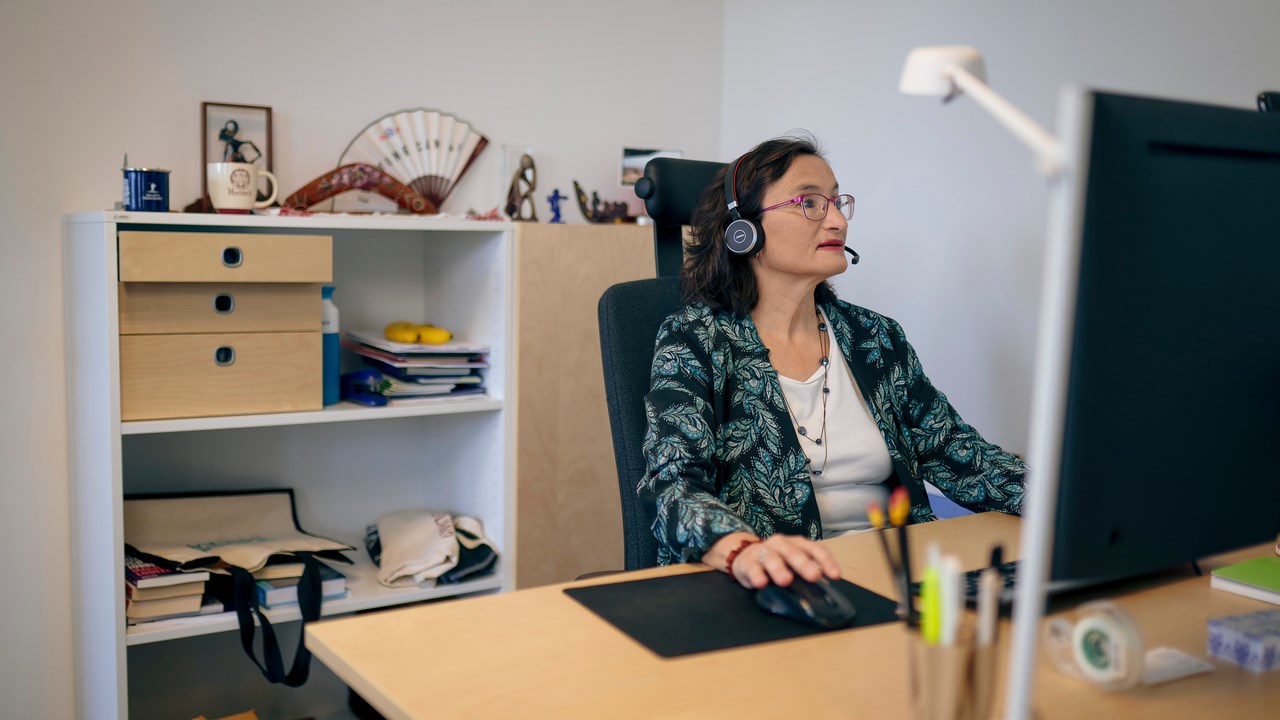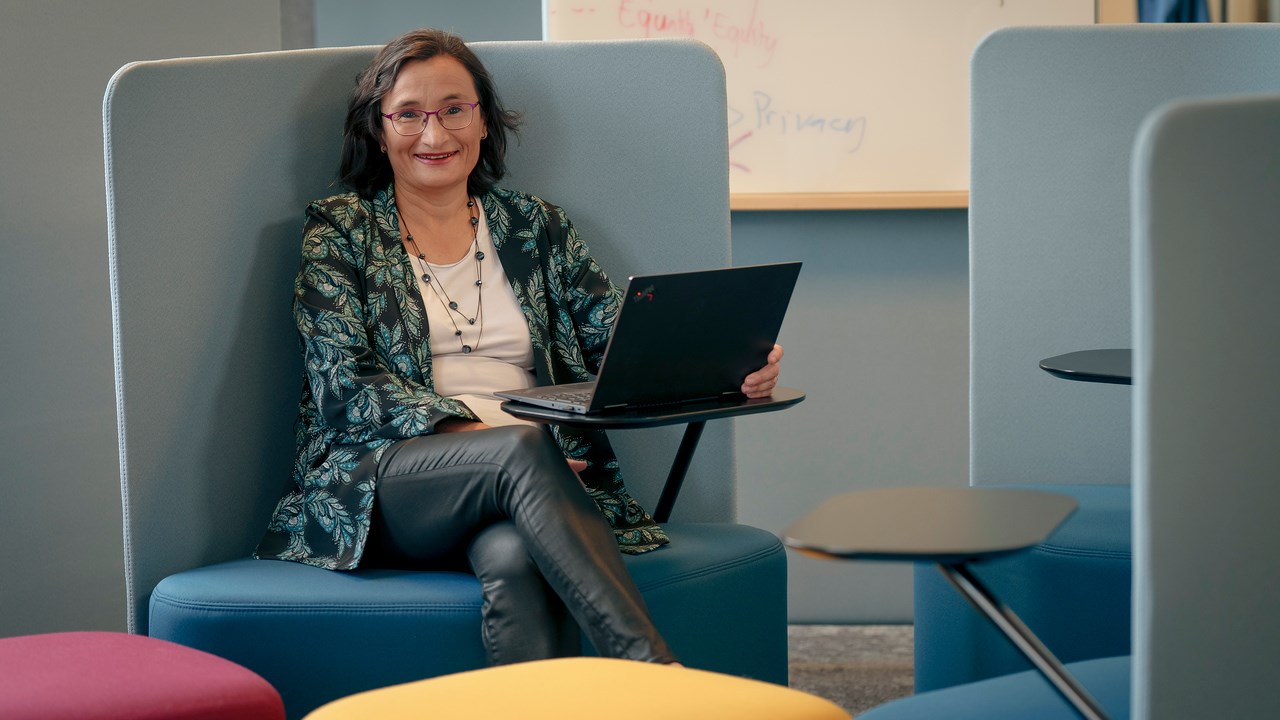Virginia Dignum on...
...being appointed, as the only Swedish representative, as a member of the United Nations expert organ on AI:
“Being appointed to the UN Advisory Body on Artificial Intelligence is of course a great honor, but also a great responsibility. This role includes advising and proposing solutions for global governance and management of AI. I am working with other experts to develop guidelines and policies that ensure that AI technology is used ethically and responsibly on a global scale, but our timeline is very tight: we started in October 2023 and in December we already published our interim report. Since then, we have had more than 40 different consultations with many stakeholders across the globe and across many different sectors, over 1,000 experts have been consulted, and many more have contributed online with reflections on the interim report. Our final report is part of a summit on the future organised by the UN in September 2024.”
...on being awarded the prestigious Wallenberg Scholars 2024:
“The Wallenberg Scholar grant is an important milestone in my career. It provides significant funding and resources, allowing me to develop my research. The support will enable me to explore new areas of research, expand my team and collaborate with other experts to develop innovative solutions that address the ethical challenges posed by AI technology – and this as part of the AI Policy Lab initiative which will also increase the visibility of Umeå's research internationally.”





